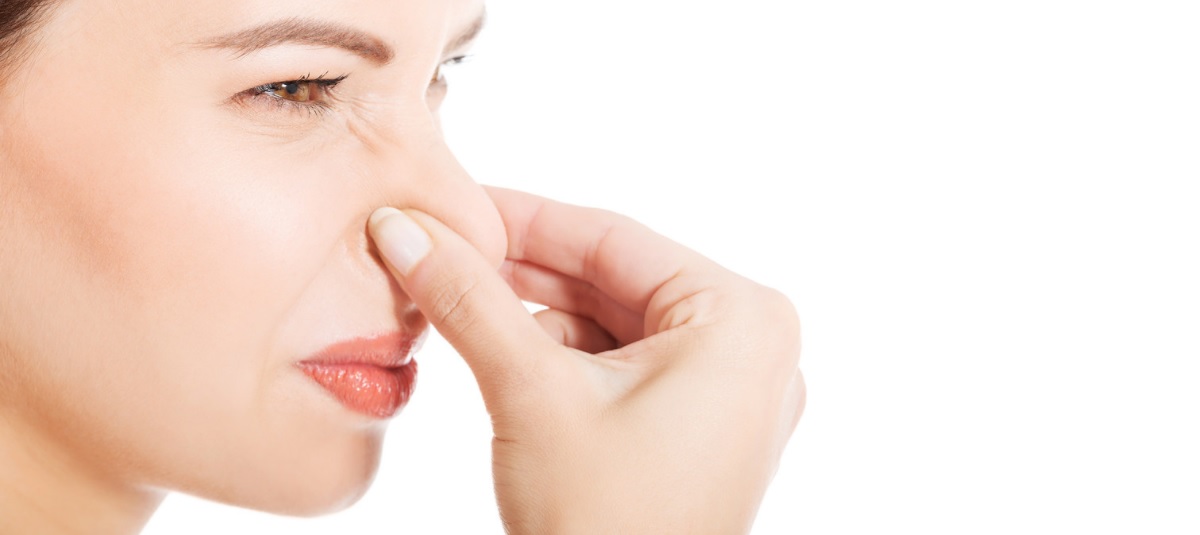Whatever it is you do, bad breath, or halitosis as it’s also known, can stop people right in their tracks. It’s especially noticeable when you have to talk to people in a close, intimate setting, such as an office meeting or a cafe. With multiple causes, this condition may not be any fault of your own, but it’s still a condition to treat whenever it arises. Discover more about common causes and your options for curing halitosis.
The 7 Main Causes Of Halitosis
The common assumption is that someone probably ate something bad if they have bad breath. Foods like garlic and onions are among the most common offenders. While food choice can certainly lead to odor, it’s a temporary cause at best. Other factors can lead to persistent bad breath that returns each day and lingers so it affects everyone within your proximity. Some common causes of halitosis include:
- Gum Disease. One of the primary sources of halitosis is odor-causing bacteria that can lead to undiagnosed gum disease. Unhealthy gums provide a medium for these bacteria to reproduce and multiply. If you notice a persistent bad taste in your mouth, or people shy away when you talk to them, a likely culprit is gingivitis. If left untreated, this mild gum disease can lead to more serious periodontal gum disease (periodontitis).
- Dietary Choices. While certain foods can cause breath issues on a temporary basis, low carb diets such as keto and paleo can cause ketone breath, which results from the body burning ketones for energy rather than glucose.
- Tobacco Use. From smoking to chewing tobacco, using tobacco products is virtually a death sentence for your oral health. A wide range of negative effects come from tobacco effects, and nearly all of them will cause breath odor as well.
- Certain Prescription Drugs. Some drugs you may be prescribed for a completely different condition can lead to halitosis.
- Medical Conditions. Certain medical conditions have halitosis as a symptom.
- Dry Mouth. Dry mouth can be a surprisingly bad cause of halitosis. Without saliva to wash the bacteria and food particles from your mouth, they accumulate, wreaking havoc on your breath.
- Dental Appliances. Dental appliances such as dentures can isolate certain parts of the mouth, allowing bacteria to accumulate and causing halitosis.
- Inadequate Oral Care. Failure to properly clean your teeth can result in breath issues due to the plaque that bonds to the teeth, potentially leading to decay and infection.
What Can You Do About Bad Breath?
As is the case with most ailments, preventing bad breath altogether is the best course of action. Routine dental care is highly recommended. The American Dental Association recommends professional cleanings and a routine dental checkup twice a year. During this checkup, your dentist will check for more subtle signs of bleeding gums, along with swelling and pockets. Professional cleanings remove plaque residue, which helps improves mouth odor. Brushing your tongue, using breath-freshening mouthwash, and staying well-hydrated are all excellent things you can do to prevent smelly breath on your own. Reducing bad habits like tobacco use can also result in breath improvements. Of course, visiting your dentist is always a great option as well!
How Does Your Dentist Treat Halitosis?
By thoroughly cleaning your mouth and spotting any oral health issues, your dentist can help cure halitosis. Dentists can discover and treat the presence of plaque and spot symptoms of conditions like gum disease before they truly threaten your oral health. Be sure to discuss your breath with your dentist on your next visit.
Halitosis Treatment At West Lakes Dentistry
 Once we know what’s causing your bad breath, fixing the problem will be a lot easier. If you believe you have issues with your breath, don’t hesitate to visit our dental teams in Mound or Chaska, MN. We know what the major symptoms and causes are and can help you find a permanent solution. Whether you suspect you have halitosis or you’re simply ready for your biannual dental exam, make an appointment with us today!
Once we know what’s causing your bad breath, fixing the problem will be a lot easier. If you believe you have issues with your breath, don’t hesitate to visit our dental teams in Mound or Chaska, MN. We know what the major symptoms and causes are and can help you find a permanent solution. Whether you suspect you have halitosis or you’re simply ready for your biannual dental exam, make an appointment with us today!

